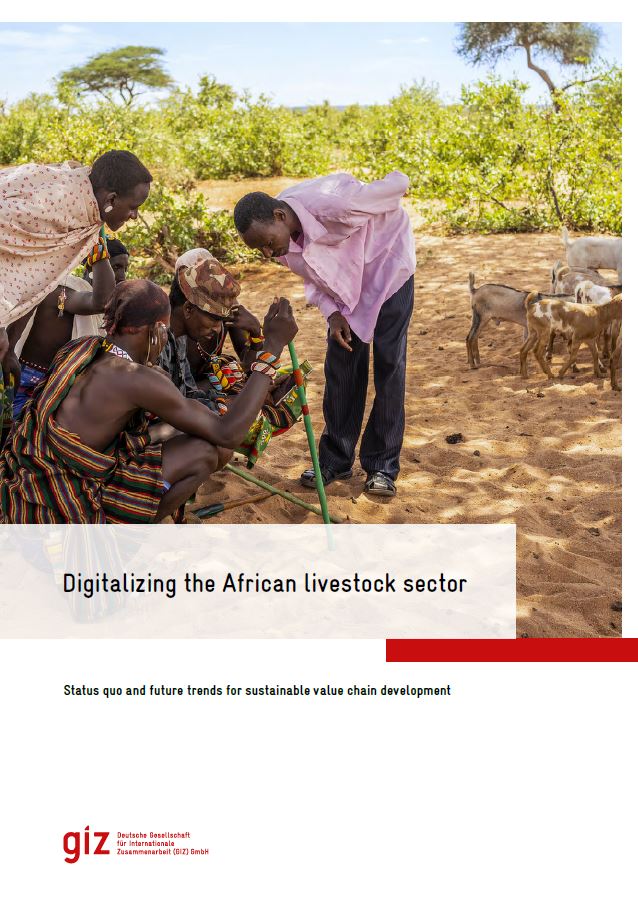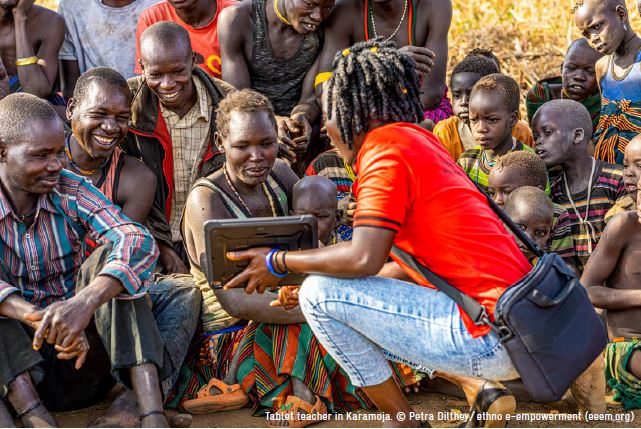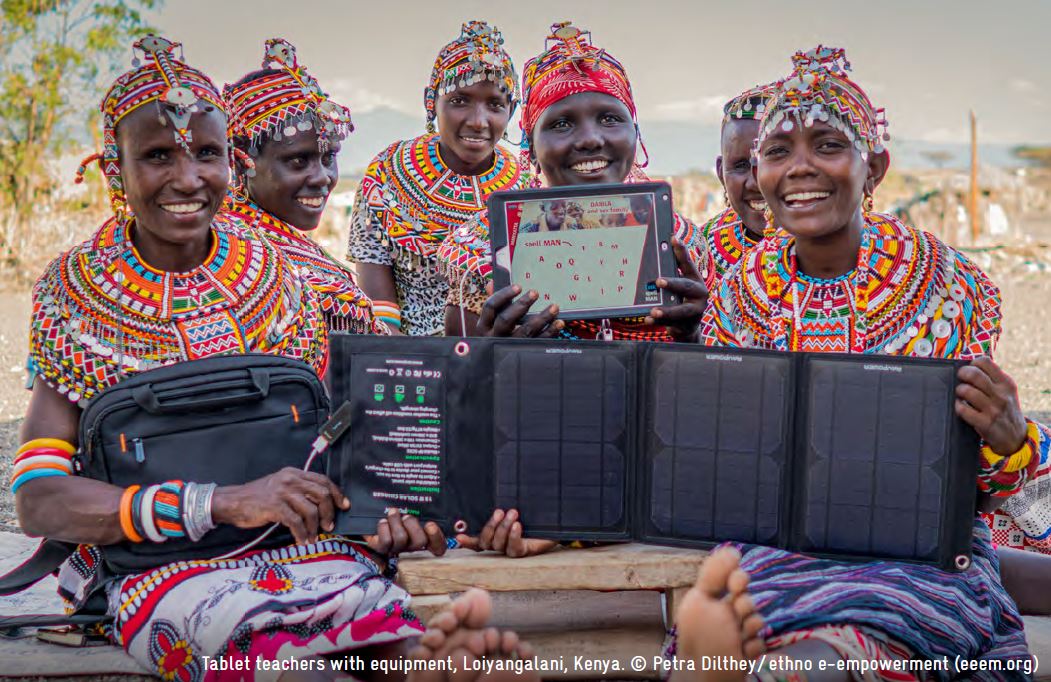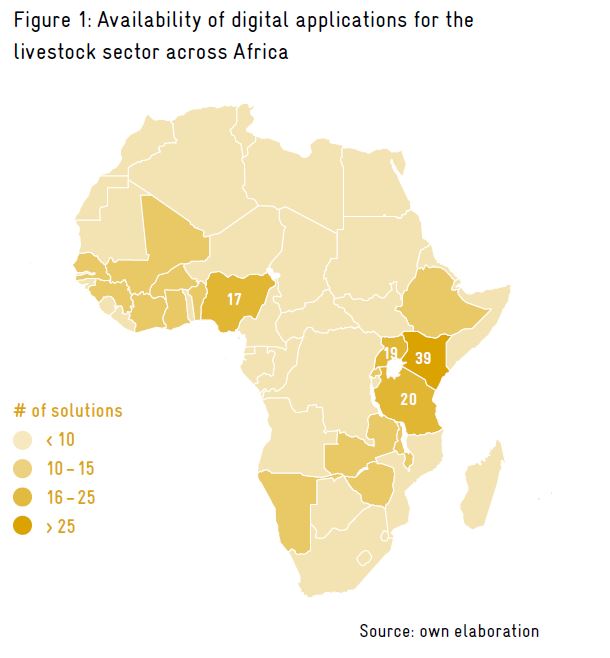



Digitizing the African livestock sector
For the Federal Ministry for Economic Cooperation and Development (BMZ), digital technologies have a crucial role in promoting the implementation of the Agenda 2030 for Sustainable Development. BMZ is supporting the efforts of its partner countries to harness the potential of a digital transformation by supporting the development of digital infrastructure and, above all, investments in people’s abilities, in education, and in creating good general conditions for the fair and open development of a digitalised world.
As early as in 2015, the BMZ launched its Digital Africa initiative, thus creating an innovative tool for firmly linking development cooperation and the digital world. Under the umbrella of the initiative, BMZ supports
projects that use digital technology to achieve development goals. One focus area is the promotion of homegrown digital innovations that target the African agriculture and food sectors. Many start-ups already provide innovative digital solutions that address challenges related to market access, service provision, processing and logistics but have not yet reached scale. This is where BMZ comes in. It promotes business development or expansion through tailor-made measures and facilitates access to investment and partnerships for growth. In the new BMZ 2030 reform strategy, digital technology will continue to be a defining element of value-based and forward-looking development cooperation.
This report gives valuable insights into the dynamic and fast-growing field of digital solutions for sustainable livestock value chain development in Africa. It can help end users and project implementers to identify digital solutions which best support their efforts of building sustainable livestock value chains. Testimonials of the founders of digital start-ups show an impressive creativity in finding simple digital solutions to solve complex problems of livestock value chain actors – and also point out where support is still needed to continue and expand their endeavours.
Date
25. November 2021
Category
Digital Agriculture, Food Security


